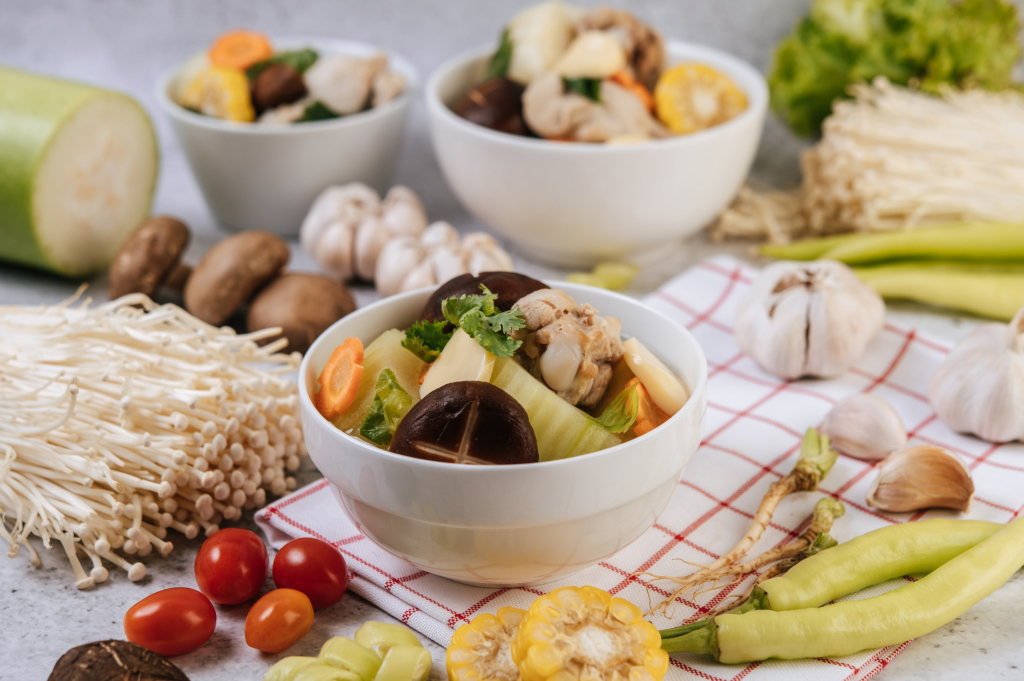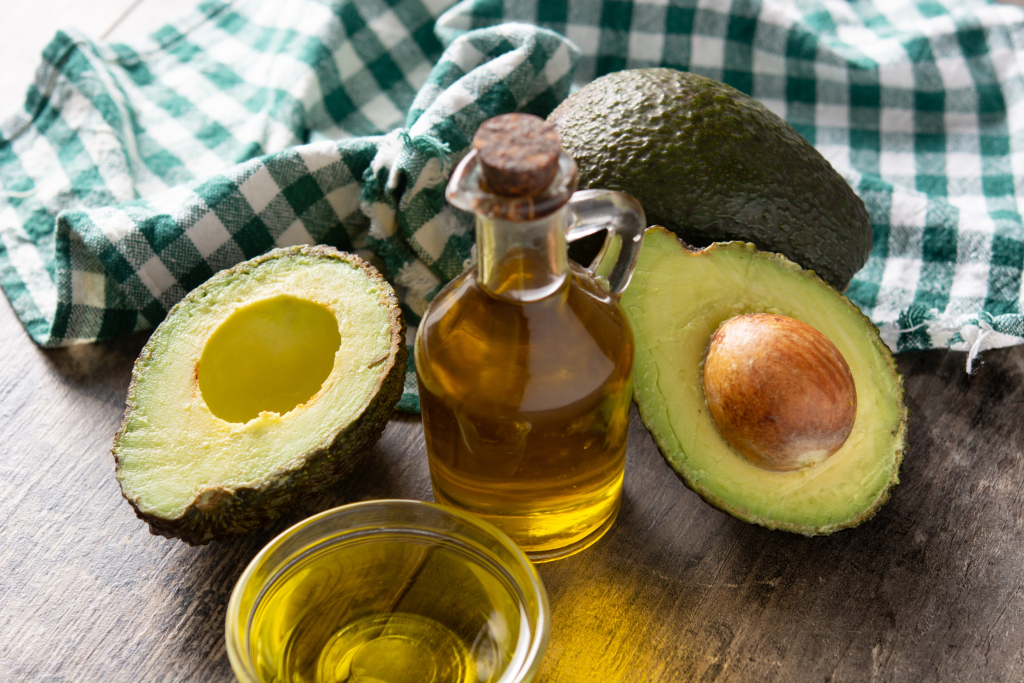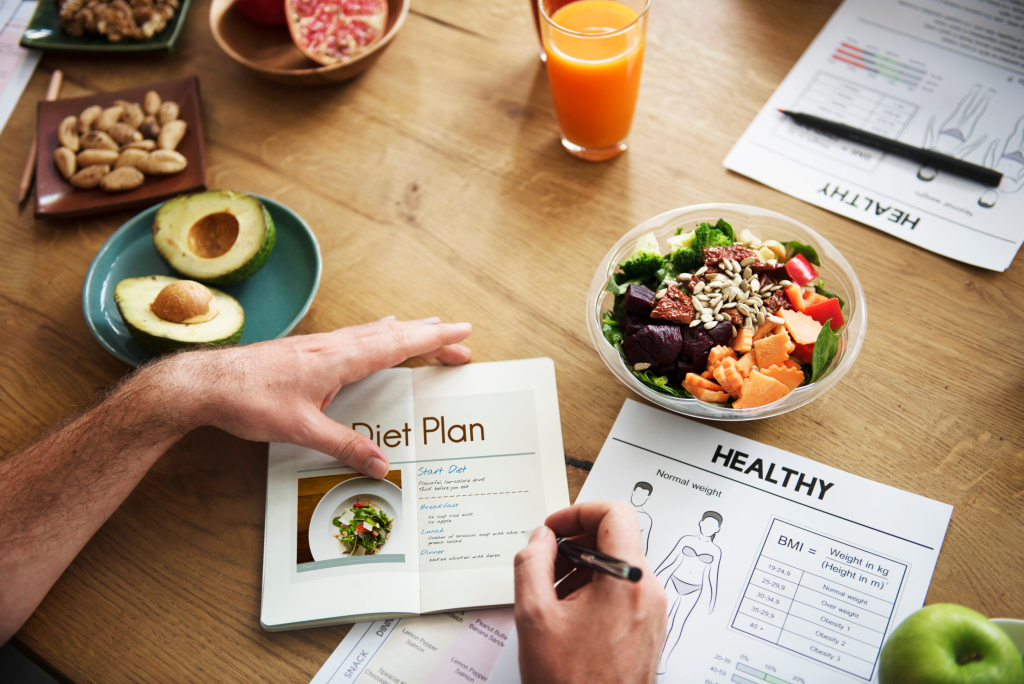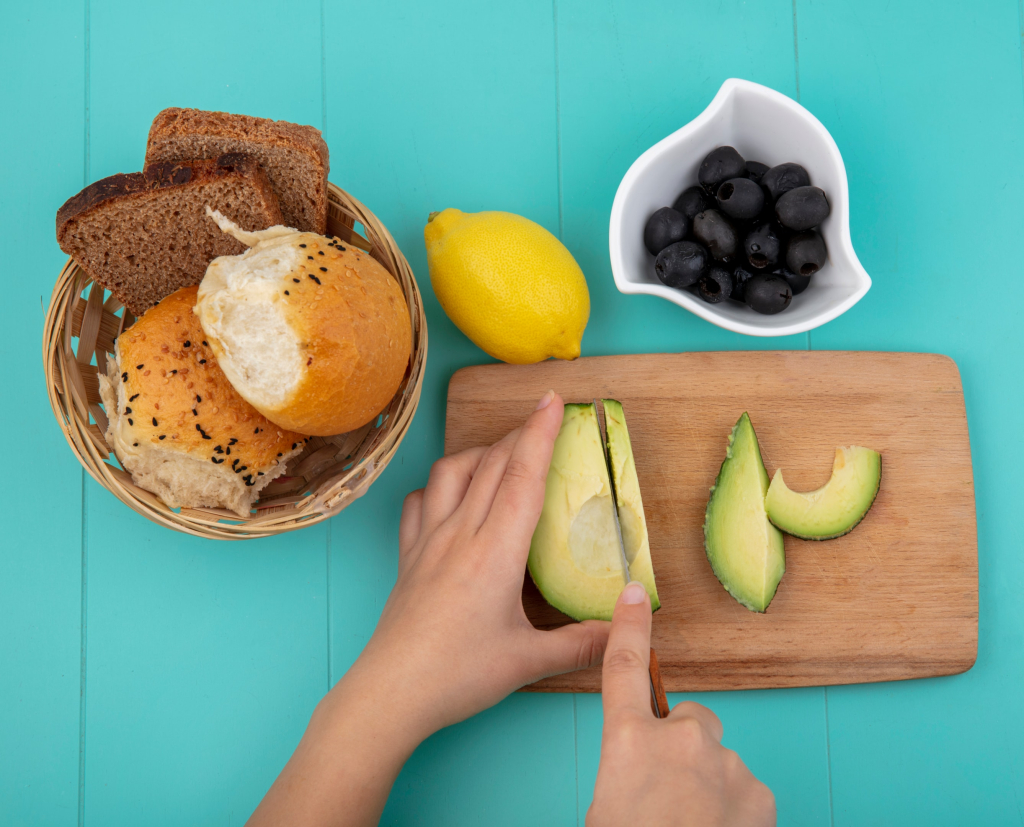
The Crucial Role of Filipino Dads in Family Nutrition
In every Filipino household, fathers play a crucial role in shaping how the family approaches food, health, and daily habits.
While mothers often take charge of meal prep, dads are equally vital in modelling healthy eating habits and lifestyle choices.
Whether it’s making smarter food choices, engaging in physical activity, or prioritising self-care, their actions directly impact their children’s habits and overall well-being.
This article shares practical, culturally grounded nutrition tips for dads that support the entire family’s health.
From better meal prep to mindful movement, the goal is to help Filipino dads lead by example and make every day a step toward a healthier life.
Nutrition as a Lifestyle, Not a Short-Term Fix

Why Fathers’ Habits Shape the Whole Family
The habits of parents, especially fathers, lay the groundwork for how kids grow up thinking about food. It’s not enough to simply talk about nutrition.
Children tend to follow suit when they observe consistent behaviours: choosing fruit over chips, preparing meals with vegetables, and sitting down for shared family time.
Prioritising own health sends a clear message: health is a value, not just a necessity.
How Nutrition Connects to Everyday Choices
Nutrition affects everything from energy levels to emotional regulation. For busy dads, this means integrating healthy habits into regular routines: starting the day with whole grains, hydrating consistently, and reducing reliance on processed foods.
These small decisions accumulate, lowering the risk of metabolic diseases and improving quality of life.
Nutrition Tips for Dads: Developing Healthy Eating Habits at Home

Building Balanced Meals with Filipino Staples
You don’t have to give up traditional meals to eat well. Recipes like monggo, sinigang, and adobo can be reimagined with more veggies, less sodium, and lean proteins.
Integrate whole foods like brown rice, saba, and kamote—rich in nutrients and naturally satisfying. These are the healthy foods that fuel your body and help prevent energy crashes.
Understanding Healthy Fats and Better Oils
Fat isn’t the enemy—it’s the type that matters. Swap out lard and margarine for healthy fats like olive oil, coconut oil, and avocados.
These support heart health and help your body absorb vitamins like vitamin D, a key nutrient often lacking in indoor routines.
Cooking Together to Model Healthy Habits
Involving your kids in cooking teaches them that nutrition isn’t just a lecture, it’s a practice. Let them wash vegetables, stir pots, or help prepare snacks.
This hands-on approach strengthens both food literacy and family bonds.
Healthy Meal Planning for Busy Dads

Weekly Planning as a Game Changer
For busy dads, time is precious. Healthy meal planning reduces decision fatigue and cuts costs. Use one weeknight or Sunday morning to prep basics: grilled chicken, boiled eggs, stir-fried vegetables, and adlai.
Changing Eating Habits Gradually
Improving your eating habits doesn’t need to happen overnight. Swap one thing per day: water for flavoured drinks, a fruit for a cookie, or steamed fish instead of fried.
Rethinking Sports Drinks in the Filipino Diet
While sports drinks may seem like a smart choice after exercise or during hot days, many of them are loaded with sugar, sodium, and artificial colouring.
Regular consumption contributes to poor eating habits, weight gain, and long-term risks like metabolic diseases.
Opt for coconut water, chilled calamansi juice with no added sugar, or plain water infused with cucumber and mint.
Smart Batch Cooking
Preparing nutritious meals in advance gives you control over ingredients and portions. It helps avoid last-minute fast food runs and keeps your family on track with balanced, satisfying, healthy meals.
Supporting Your Child’s Health

Introducing Solid Foods Mindfully
When introducing solid foods to babies or toddlers, start simple. Choose mashed squash, soft monggo, or pureed carrots. Avoid overly sweetened or heavily processed foods. A preference for healthy foods can be cultivated early.
Making New Food Choices Feel Normal
Offer new foods regularly—but without pressure. Try tinola with sayote one night, or kalabasa fritters the next. Exposure without stress helps kids build curiosity and confidence around varied food choices.
Connecting Food to Family Time
Turn meals into moments for connection. Eat together without screens. Let kids share what they like about the dish or suggest tomorrow’s dinner.
These rituals make food about more than sustenance—they reinforce values and trust.
Food and Movement: Two Sides of the Same Lifestyle

Fueling the Body With the Right Foods
Food is fuel. Meals rich in whole grains, lean proteins, and fibre power your day, from morning commutes to chasing after toddlers.
Balanced eating also enhances focus, reduces inflammation, and promotes recovery after exercise.
Strength Training for Everyday Fitness
You don’t need a gym. Simple bodyweight movements like squats, planks, and push-ups build strength, especially when paired with nutrient-rich foods.
Incorporating strength training two to three times a week helps maintain muscle, improve mobility, and enhance fitness.
Movement as a Stress Regulator
Consistent movement—whether it’s walking, stretching, or dancing with your kids—helps reduce stress hormones and elevates mood.
When combined with healthy snacking and hydration, it supports your emotional well-being.
Small Daily Healthier Choices, Big Lifetime Benefits

Upgrading Traditional Meals
Filipino meals carry cultural meaning, but they can also evolve without losing their roots. Instead of eliminating beloved dishes, tweak them.
Swap deep-fried tilapia for inihaw na tilapia, season with calamansi and herbs instead of soy sauce, or try using adlai or brown rice instead of white.
These seemingly small changes infuse your cooking with more nutrients, lower sodium and fat, and promote better health over time.
Choosing whole foods over packaged sauces or powdered mixes can make a significant difference in reducing your family’s exposure to processed foods.
Smarter Snacks for You and the Kids
Healthy snacking is often overlooked but can be a game-changer for energy and behaviour. For working dads, having ready-to-eat, nutritious options at work or during commutes makes avoiding junk food easier. Keep trail mix in reusable containers or prep a few boiled eggs the night before.
For kids, turn meriendas into teachable moments—slice up guava, prepare kamote fries in an air fryer, or serve taho with just a touch of syrup.
Vitamin D and Other Key Nutrients
Encourage simple outdoor routines. Morning walks to school, weekend family jogs, or gardening can expose the body to natural light, aiding in vitamin D synthesis.
Pair these activities with thoughtful food pairings: tinapa and itlog, tofu sinigang, or champorado with added chia seeds.
These dishes don’t just taste good—they strengthen bones, improve mood, and help balance hormones.
While supplements help, nothing beats sunlight paired with a diet rich in whole grains, lean proteins, and vegetables to support immunity and staying healthy.
Father’s Day and Beyond: Building a Healthy Legacy

Celebrating Father’s Day With Purpose
Father’s Day doesn’t need to revolve around grand feasts or mall outings. It can be a reflective moment to reassess your lifestyle and reset your family’s direction.
Choose to spend it outdoors—perhaps hiking with your kids, biking around the neighbourhood, or simply cooking a healthy meal together.
These shared activities strengthen bonds while anchoring your commitment to nutrition, physical activity, and overall well-being.
Making space for these small rituals reminds your children that quality family time and healthy habits can coexist with joy.
Becoming Role Models Through Everyday Choices
Many dads feel pressured to “fix” their routines instantly, especially when it comes to diet, fitness, or parenting.
But long-lasting changes don’t happen overnight. Instead of extreme meal plans or rigid schedules, focus on integrating realistic habits: add more vegetables to daily meals, reduce sports drinks, and get consistent sleep. Include your family in this process—let them see you trying, adjusting, and learning.
Final Thoughts: Be the Example They Remember
Healthy fatherhood is not defined by grand gestures, but by small, intentional actions taken day after day. Your choices can turn the dinner table into a classroom, the weekend into an opportunity for family time, and daily routines into a blueprint for lifelong well-being.
In embracing this role, you become not just a father but the living example of what healthy truly looks like.


